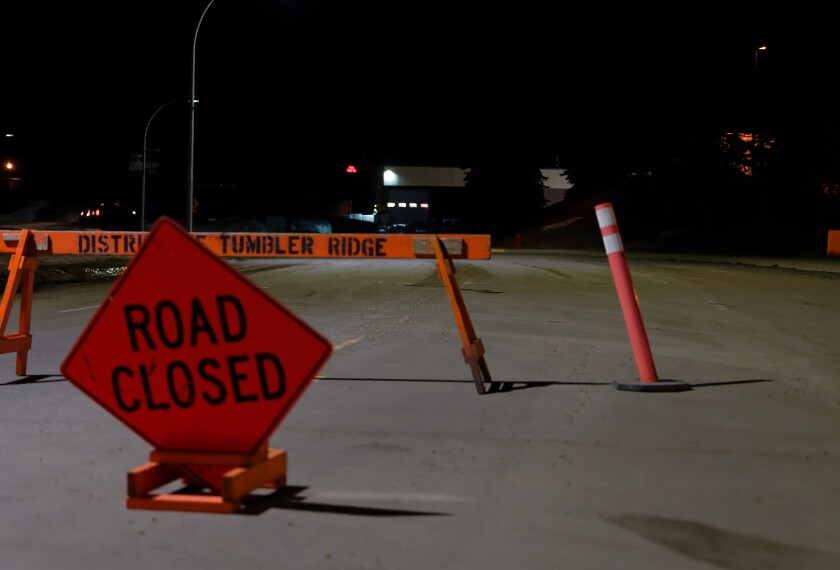Dozens of hoax shooting reports and bomb threats that significantly disrupted schools around the country in recent months may have come from an overseas caller with an Ethiopia-based internet account, according to reports from two news organizations.
The “swatting” calls, in which a caller falsely reports a bomb threat or a shooting in-progress to police—often while claiming to be in the school building during the call—are designed to stoke fear and chaos by attracting a large law enforcement response.
“There are some kind of sick people out there,” Andrew Lavier, the principal of Alamosa High School in Alamosa, Colo., told Education Week after his school was disrupted by a false shooting report in September. “I don’t know who would do that to a school.”
Local news reports show at least 182 schools in 28 states received false calls about school shootings in progress or bomb scares between Sept. 13 and Oct. 21, NPR reported Monday.
For school and district administrators, connecting individual calls to a coordinated operation could help in planning a response. It could also help rule out the need to identify and discipline mischievous students, who have been the sources of false threats of school violence in previous, more-isolated incidents.
The false calls have provoked emotional responses at schools around the country. In San Antonio, for example, parents crowded outside a high school last month, fearful that their children were being harmed inside.
In separate stories Monday, NPR and Wired magazine traced many of the recent swatting calls back to a service called TextNow, an online platform that allows internet users around the world to make anonymous calls using U.S. numbers, providing only an email address to gain access.
An FBI memo obtained by Wired shows that at least one swatting call came from a TextNow user whose internet signal came from a service owned by the Ethiopian government. NPR also found local investigations linking 80 calls to a single Ethiopia-linked number in a single day.
Tracing the actual source of hoax calls may be difficult
Local law enforcement officials said the caller “sounded like a grown man” with a foreign accent NPR reported. The reporters heard a similar accent and manner of speaking when they reviewed recordings of local 911 calls placed about schools around the country in recent months. Some of the calls were placed as little as four seconds apart, the report said.
“The rapid-fire dialing of numbers also indicates that the user had a list of targets at the ready, and a specific focus on schools, law enforcement agencies, fire departments and emergency dispatchers,” NPR reported.
Cyber experts cautioned that the anonymous TextNow caller may have used an encrypted internet signal to route their signal, making it appear the calls came from Ethiopia when they actually came from another country.
When Wired reporters left voicemails or texted phone numbers associated with dozens of hoax swatting calls, they received messages containing expletives about the United States.
TextNow has provided the federal law enforcement with subscriber information, according to the FBI memo. Investigators have not yet determined a motive for the calls, the reports said.
Asked about the new reports, an FBI spokesperson told Education Week the agency has no comment. She emphasized a statement the agency made after a wave of swatting calls in September.
“The FBI takes swatting very seriously because it puts innocent people at risk,” that statement said. “While we have no information to indicate a specific and credible threat, we will continue to work with our local, state, and federal law enforcement partners to gather, share, and act upon threat information as it comes to our attention. We urge the public to remain vigilant, and report any and all suspicious activity and/or individuals to law enforcement immediately.”






